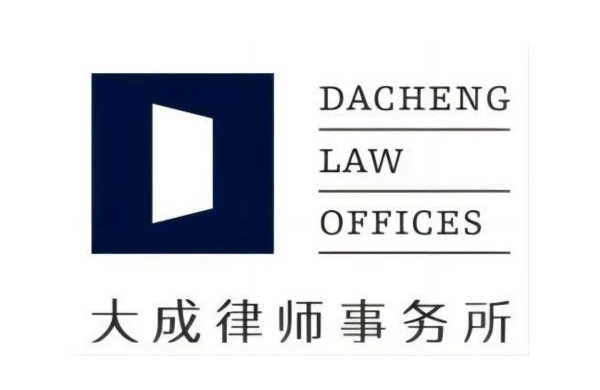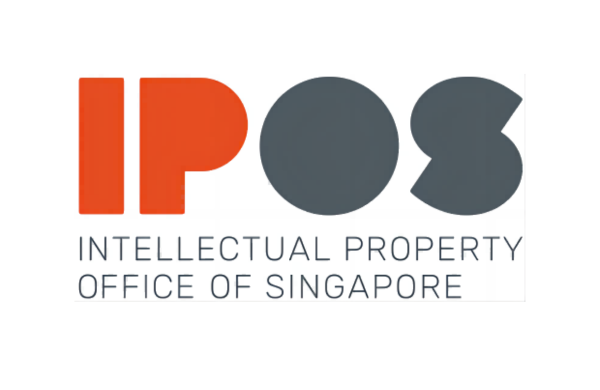Did not receive verification mail? Please confirm whether the mailbox is correct or not Re send mail

IPR Daily
- 2023-01-31 22:41:46
Federal Judge Keeps Status Quo on Reynolds Vapor-Altria Royalty Rate Dispute

A federal judge ruled that R.J. Reynolds Vapor Co. will have to pay an ongoing royalty to tobacco industry rival Altria Client Services.
Afederal judge ruled on January 27 that R.J. Reynolds Vapor Co. will have to pay an ongoing royalty to tobacco industry rival Altria Client Services related to an electronic-cigarette patent-infringement complaint.
However, Judge Carlton Tilley Jr. denied Altria’s motion to double the royalty rate from 5.25% to 10.5%.
Tilley ruled the royalty payments would be made retroactive to Oct. 5 and exist until the expiration of the final of three patents at the heart of the dispute.
Reynolds Vapor said it would provide comment on the ruling, while Altria said it would have no comment.
On Sept. 7, a federal jury determined Reynolds Vapor’s top-selling Vuse Alto product infringes on three Altria patents cited in the complaint filed in May 2020.
Altria was awarded $95.23 million in damages.
The payments cover “positive net sales of the Vuse Alto products manufactured in, sold in, imported into or exported from the United States.” Each payment is required no later than 60 days after the end of each financial quarter.
Altria said in a Sept. 8 statement the damages cover past infringements through June 30, 2022. “Post-trial proceedings will address ongoing damages through the expiration of Altria’s patents in 2035,” Altria said.
Meanwhile, Reynolds Vapor claimed the higher ongoing royalty rate “is unsupported.”
Tilley wrote that “courts recognizes that ‘pre-suit and post-judgment acts of infringement are distinct, and may warrant different royalty rates given the change in the parties’ legal relationship and other factors.’”
“When determined an ongoing royalty, courts must ‘focus on changed circumstances’ since the earlier hypothetical negotiation because ‘an ongoing royalty effectively serves as a replacement for whatever reasonable royalty a later jury would have calculated in a suit to compensate the patentee for future infringement.’”
Altria’s reasoning was based primarily on its theory that increased consumer demand for Alto products and subsequent profitability after May 2019 “changed economic conditions that also favor a higher royalty rate.”
Altria cited Vuse surpasses Juul as the top U.S. e-cigarette in May 2022, according to the industry trends analysis of convenience stores by Nielsen.
Altria also cited that as Reynolds Vapor lowered the price of some Vuse Alto products, it resulted in reducing the per-unit royalty due to Altria.
Reynolds Vapor countered that Vuse Alto’s profitability as of June 2022 was in line with what both groups “expected in the May 2019 negotiations.”
Reynolds Vapor also said Altria is “ignoring Reynolds’ own contributions to the success of Alto, such as its marketing and promotional efforts.”
Tilley ruled that the “changed economic circumstances” since May 2019 did not “support increasing the 5.25% royalty rate as determined by the jury.”
Second legal action
In November, Reynolds Vapor filed a formal request for a new federal court trial.
At that time, Reynolds Vapor said in a statement that it “intends to vigorously defend the issues remaining for the court, and, if necessary, we will appeal the decision to the United States Court of Appeals for the Federal Circuit for further review.”
Reynolds Vapor claims the jury award “is the product of legal error and must be vacated for a new trial on damages, or remittitur.”
Reynolds Vapor requested a new trial under Federal Rule of Civil Procedure 59.
According to N.C. General Statutes, Rule 59 allows for a new trial for reasons that include: any irregularity by which any party was prevented from having a fair trial; misconduct of the jury or prevailing party; newly discovered evidence material for the party making the motion that could not, with reasonable diligence, have discovered and produced at the trial; manifest disregard by the jury of the instructions of the court; excessive or inadequate damages appearing to have been given under the influence of passion or prejudice; insufficiency of the evidence to justify the verdict or that the verdict is contrary to law; and error in how a law was applied.
Reynolds Vapor stated in its request that “Altria’s improper injection of inflammatory evidence regarding patent infringement allegations against Reynolds in other cases denied Reynolds a fair trial.”
“Erroneous evidentiary rulings also prejudiced Reynolds’ ability to present its defense. Those errors independently, and under the cumulative error doctrine, affected the verdict such that a complete new trial is required.”
“We take allegations of infringing the intellectual property rights of others seriously,” Reynolds said in its Sept. 8 statement.
“When necessary and appropriate, we will take every available measure to defend against allegations that seek to undermine our investment in innovation and our ability to reduce the health impact of our business.
“For the same reason, we will continue to defend our intellectual property robustly across the globe.”
Altria said in a statement that “this was a fair trial. There is no basis for another trial, and we are pleased that the jury correctly found that Reynolds Vapor has infringed a number of our patents.”
Source: journalnow.com-Richard Craver
Editor: IPR Daily-Ann
- I also said the two sentence
- Also you can enter 140words
 PurpleVine Successfully Assists Client in Invalidating Sisvel US Patent
PurpleVine Successfully Assists Client in Invalidating Sisvel US Patent Chang Tsi & Partners Successfully Represents Wuxi's First Intellectual Property Civil Case Attached to Criminal Case
Chang Tsi & Partners Successfully Represents Wuxi's First Intellectual Property Civil Case Attached to Criminal Case China Monthly Antitrust Update: February 2024
China Monthly Antitrust Update: February 2024 IPOS was publishing a legal decision involving the trademark of tech giant, Google
IPOS was publishing a legal decision involving the trademark of tech giant, Google


